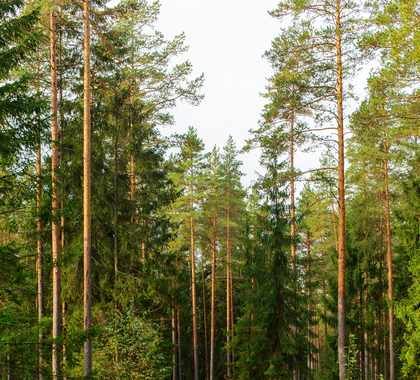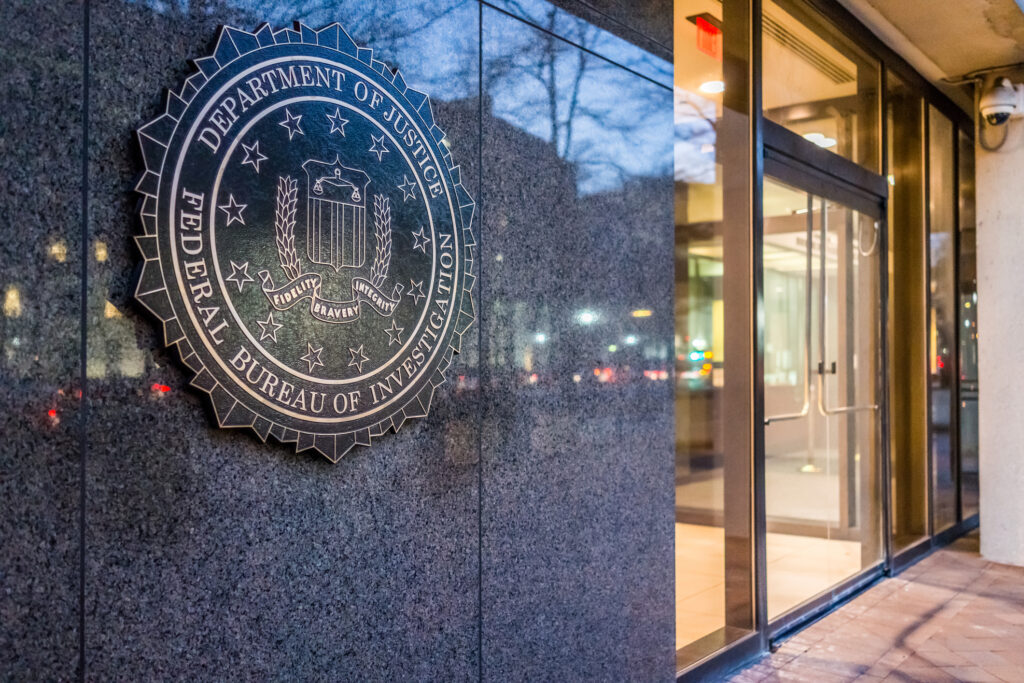A U.S. District Court rejected a lawsuit filed by environmental groups against the federal government claiming its policies allowing fossil fuel development and use violate the plaintiffs’ constitutional rights to wilderness unaffected by human activity.
The Animal Legal Defense Fund, Seeding Sovereignty, and six individuals sued the U.S. Department of Agriculture, Department of Interior, and other federal agencies for violating a right they claimed was guaranteed under the First, Fifth, and Ninth amendments to the U.S. Constitution, by supporting the fossil fuel industry, whose actions are causing the climate to change in ways that damage the health, beauty, and accessibility of wilderness areas.
Recognizing their lawsuit was stretching the boundaries of the law, the plaintiffs’ brief asked U.S. District Court Judge Michael McShane of the District Court of Oregon to engage in “nothing short of revolutionary thinking” by recognizing a “right to wilderness.”
In his July 31 ruling, McShane, nominated to the Oregon District Court in 2012 by then-president Barack Obama, declined the plaintiffs’ request to expand the law through judicial decree.
Says Plaintiffs Lacked Standing
The U.S. Department of Justice (DOJ) asked McShane to dismiss the lawsuit on the grounds the plaintiffs lacked legal standing to sue the federal government because they could not show they were personally and specifically affected by climate change.
A European court used this reasoning when dismissing a lawsuit against the European Union filed by families and a youth group from eight countries alleging their rights are being violated by inadequate action against climate change.
McShane agreed the plaintiffs lacked standing to sue, writing such legal standing requires plaintiffs to show they have suffered an “injury-in-fact” and the injury is “concrete and particularized” instead of a “generalized grievance.” Because the harms the plaintiffs claim they are suffering are “by their very nature, generalized grievances,” even if there were a recognized constitutional right to wilderness “it would necessarily be a right held in common by all citizens, and the effects of climate change would be an abstract injury that all citizens share,” McShane said.
No ‘Right to Wilderness’
DOJ noted no federal court has ever recognized a fundamental right to wilderness and, contrary to the plaintiffs’ assertions, there is no First Amendment right to be “free from human influence in wilderness.”
McShane’s order dismissing the case cited more than a dozen previous rulings establishing “there is no fundamental right to a particular type of environment or environmental conditions” and thus there could be no constitutionally protected “right to wilderness.”
“The lower courts—bound by rule of law—are not the forum for the ‘revolutionary’ thinking that plaintiffs articulately espouse in their briefing,” McShane’s decision states. “Indeed, this Court has previously declined invitations to create new fundamental rights that are not enumerated in the Constitution or found in Supreme Court precedent.”
Other Lawsuits Ongoing
Although McShane ruled people have no constitutionally guaranteed right to wilderness, he left open the door to possible climate lawsuits based on a right to a livable environment, says Marlo Lewis, a senior fellow with the Competitive Enterprise Institute.
“Judge McShane cited more than a dozen cases establishing ‘there is no fundamental right to a particular type of environment or environmental conditions,'” Lewis said. “That’s a relief! Acknowledgement of such a right would fundamentally endanger economic development, transportation infrastructure, energy production, and commercial agriculture.
“We are not out of the woods yet, however,” Lewis said. “Judge McShane distinguished a ‘right to wilderness’ from a right to a climate system capable of sustaining human life, implying the plaintiff ‘kids’ in another ongoing climate lawsuit against the federal government, Juliana v. United States, might have a valid case.”
‘A Series of Legal Stunts’
Climate change is an amorphous concept, and whatever it is, it is not destroying the wilderness, says John Charles, president and CEO of Oregon’s Cascade Policy Institute.
“I’ve hiked many Oregon wilderness areas, and I can assure the plaintiffs that solitude is easily available to anyone willing to walk at least one mile from a trailhead,” Charles said.
“But this lawsuit was never about individual freedom,” Charles said. “It was just the latest in a series of legal stunts aimed at holding the federal government accountable for something called ‘climate change,’ a concept that doesn’t even have any physical meaning.”
H. Sterling Burnett, Ph.D. ([email protected]) is a research fellow at The Heartland Institute.





